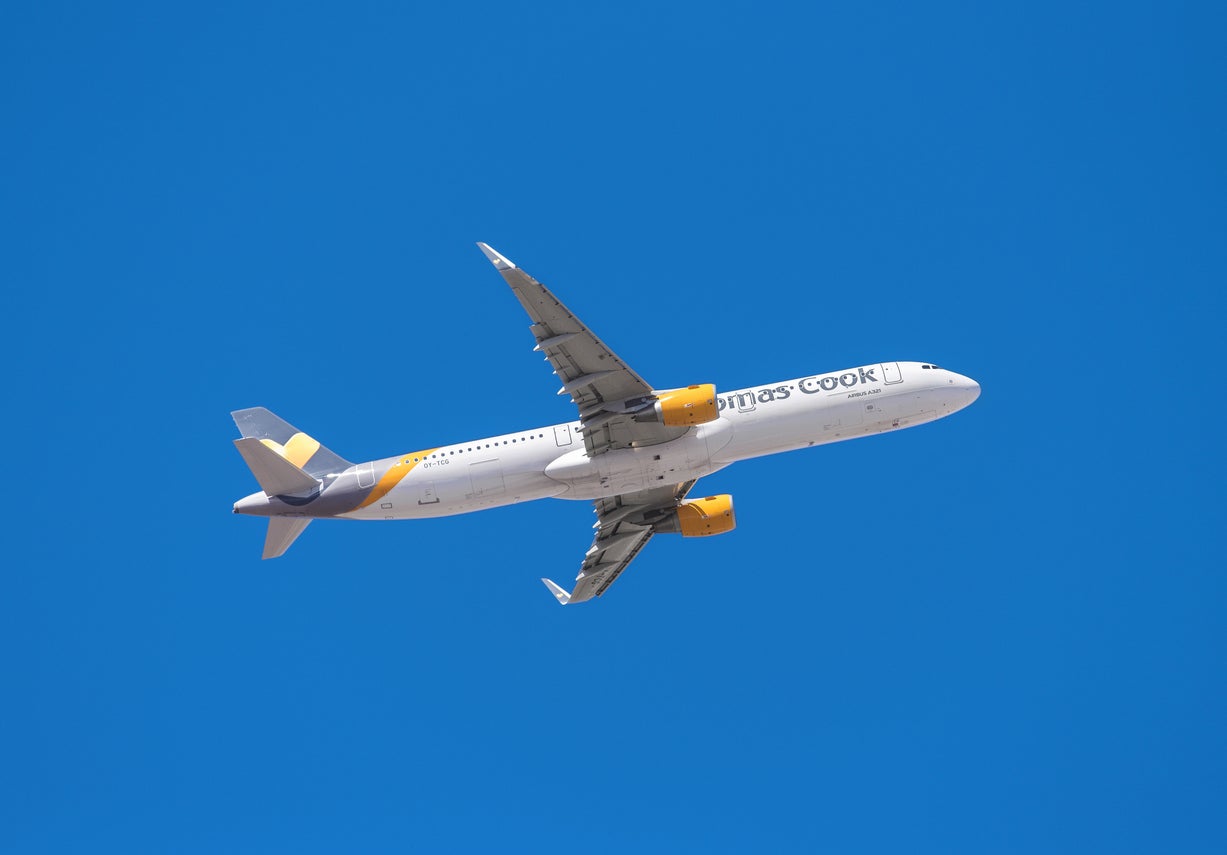Tunisia holidays: When is Thomas Cook launching return and is it safe to go?
Governments still warn of terror threats, but first flights 'very well booked'

As Thomas Cook, one of Britain’s biggest holiday companies, resumes flights to Tunisia, what awaits the returning travellers? Nearly three years on from terrorist attacks on tourists to the North African nation, how serious are the risks today? And what are the prospects for the country’s future?
Tunisia: the background
Tunisia is the nation where the so-called Arab Spring began in 2011. The overthrow of the dictatorship of President Ben Ali was seen as a success story relative to other North African and Middle Eastern countries.
The nation offers an enticing range of attractions: smart seaside resorts and fishing ports; a rich heritage, epitomised by Carthage and the Bardo museum; outstanding desert experiences; and the culture, commerce and cuisine of Tunis, a blend of quintessential Arabic and French elegance. Tunisia has a reputation for warm hospitality.
British holidaymakers returned to the country in large numbers when democracy was restored; by 2015, around half-a-million were expected to visit. But on 26 June 2015, a lone Islamist gunman attacked the Riu Imperial Marhaba Hotel in the resort of Sousse.
Seifeddine Rezgui murdered 38 people, including 30 British tourists on holiday with TUI. It followed a terror attack three months earlier on the country’s leading cultural collection, the Bardo Museum in Tunis, in which 20 tourists died.
Shortly afterwards, the Foreign Office warned against all but essential travel to Tunisia. An airlift was organised to bring everyone home, and package holidays for the rest of the season were cancelled. Flights on Tunisair from London to Tunis have continued uninterrupted, but the effect of the warning was to invalidate travel insurance of independent British travellers.
The travel ban continued for two years until, in July 2017, the Foreign Office removed the country from its no-go list.
When is Thomas Cook launching Tunisia holidays?
At 6.05am on Tuesday 13 February, Thomas Cook Airlines flight MT1800 is due to depart from Birmingham to the Tunisian resort airport of Enfidha. The flight is sold out. The 220 passengers are due to touch down in the North African nation at 10.10am local time. They will be the first British package holidaymakers to return to Tunisia since the summer of 2015.
Thomas Cook, previously the market leader to Tunisia, is initially operating three flights each week, from Gatwick and Manchester as well as Birmingham. Guests can choose from a range of hotels in the long-established resort of Hammamet.
Peter Fankhauser, boss of Thomas Cook, told The Independent the flights “are very well booked”, and the number will double in the summer season.
From April, a link from Glasgow will be added, with flights from Newcastle and Stansted beginning in May. The UK’s biggest holiday company, TUI, is re-launching holidays from 1 May, with flights from Birmingham, Bristol, Gatwick and Manchester throughout the summer.
But the scale of tourism will be far lower than in the years up to 2014. Assuming both Thomas Cook and TUI operate modest winter programmes, The Independent calculates that between 30,000 and 40,000 British package holidaymakers will visit Tunisia this year – not quite one-10th of the numbers prevailing before the massacres.
How safe is Tunisia?
The Foreign Office warns: “Terrorists are very likely to try to carry out attacks in Tunisia and there have been a number of attacks in recent years."
The main problem is the long, leaky border with Libya, "where there’s a continuing conflict, an absence of security, and where Islamist terrorist groups operate".
“The main terrorist threat is from Al Qaeda in the Islamic Maghreb and Libya-based extremists with links to Daesh (formerly referred to as ISIL)," says the Foreign Office.
The US State Department tells its citizens: “Terrorist groups continue plotting possible attacks in Tunisia. Terrorists may attack with little or no warning, targeting tourist locations, transportation hubs, museums, resorts, markets/shopping malls, government facilities and security forces.” It also advises: “Avoid staying overnight outside of the main cities and tourist locations.”
A state of emergency has been in effect across Tunisia since a suicide attack on a police bus on 24 November 2015.
Will UK tourists return to Tunisia?
A spokesperson for ABTA said: “Tunisia has long been a popular holiday destination for British tourists – offering beach breaks, diverse countryside and the chance to visit Roman ruins, all at good value – so it’s no surprise that it is proving popular once again.
“Whichever part of the world holidaymakers are planning to visit, they should always check Foreign Office advice before booking and travelling to a destination.”
Ted Wake, joint managing director of the cultural specialist, Kirker Holidays, said: “It will take a little time to rebuild confidence amongst UK’s independent travellers, but Kirker’s clients look forward to returning, particularly to the city of Tunis, and to the many fascinating Roman sites throughout Northern Tunisia, such as Dougga and El Jem.
Tunisia one year on: Simon Calder explores the source of the Arab Spring
Show all 4“The local authorities have necessarily focused their initial attention on restarting business to the key resorts where they can attract larger numbers of visitors most quickly, and which can be monitored and managed most easily.
“We expect independent hotels in places like Tunis, and the local guides, to be working hard to welcome visitors later this year.
"I have no doubt that confidence and customers will return to enjoy warm hospitality over the course of the next few months and years.”
Subscribe to Independent Premium to bookmark this article
Want to bookmark your favourite articles and stories to read or reference later? Start your Independent Premium subscription today.

Join our commenting forum
Join thought-provoking conversations, follow other Independent readers and see their replies